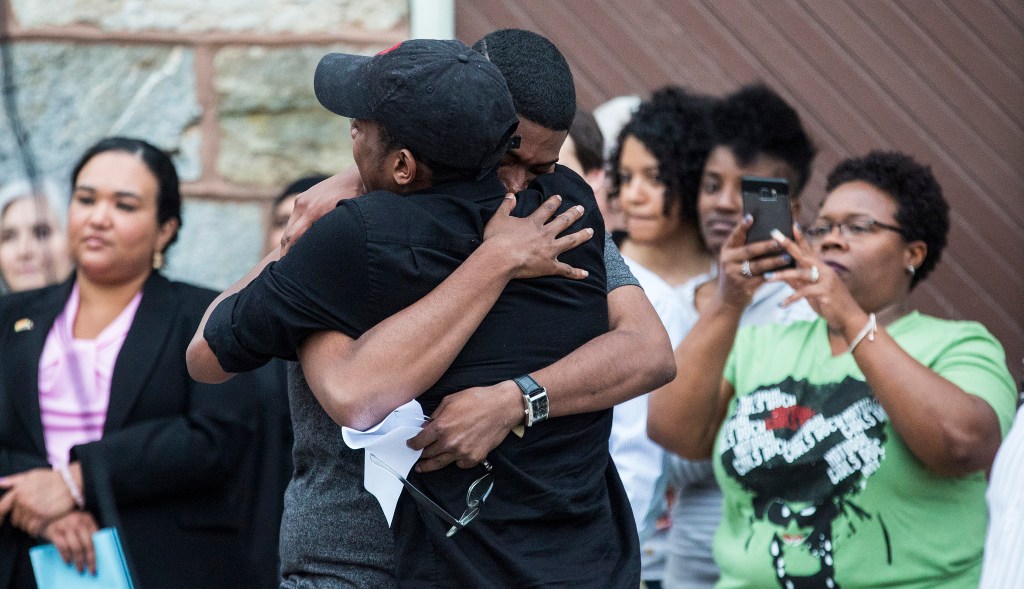Early Sunday morning, as I was editing my sermon, I saw the news from Orlando. By the time our service began there was still a lot of confusion about the extent of the tragedy, but it seemed likely that the nightclub had been targeted for violence because it was known as a safe and welcoming place for the gay community. I said as much before the sermon, asking our church to remember that – regardless of what warped theology was given a microphone later in the week – there was nothing of God’s heart in these murders. I also asked the church to remember our Christian responsibility to speak up anytime LGBTQ people are slandered or maligned in our presence, to use any influence we have to create safety for those with good reasons to wonder if such safe places exist for them.
And that’s all I said- all I knew to say in that moment.
Yet with a few days having passed, with the killer’s hatred toward gay people becoming increasingly clear, with the slain men’s and women’s names and stories being voiced, I need to say just a little more. I might be wrong about this; maybe quiet listening and lamenting is a more faithful posture in this moment. But as a straight white man who pastors in a church and denomination which hold a traditional Christian position about human sexuality within a church (“side b” in the language from the Gay Christian Network) and who holds such a position* myself, I’ve come to believe that the onus is on me to renounce clearly the evil that took place on Sunday morning. I know many LGBTQ Christians will find anything short of a shift away from the traditional Christian belief to fall very short of a meaningful repudiation and, though I sorely wish this wasn’t the case, I accept it as part of this particular tragedy along with the countless less visible tragedies inflicted upon LGBTQ bodies by churches over the centuries.
Those of us pastors and congregations who are unable to step away from the historic and global churches’ teachings on sexuality find ourselves in a complicated moment in this country. There are people I care about who didn’t believe they could be at our church and I’ve worked with them to find a congregation that preaches Jesus and holds the “side a” position. It’s painful and complicated. But the complexity cannot keep us from speaking with great clarity about God’s love for LGBTQ people. It cannot keep us from publicly lamenting the great evil that was done to particular LGBTQ people on Sunday morning and, by devastating extension, to communities of gay people around the world. It cannot keep us from doggedly pushing for legislation that will make gun violence against all vulnerable people less likely. In cannot keep us from confronting fellow-Christians whose faux-outrage about gender-inclusive bathrooms and civil rights legislation makes this country less safe for LGBTQ people. And the complexity must not keep us from confessing and repenting – time and time and time again – for the many great and small sins that we’ve committed against people who are lovingly created in the image of God.
*I don’t mean to make this sound simple. It’s not. I don’t know how to talk about sexuality without talking about God, bodies, hospitality, vocation, culture, etc. And I still have much to learn.
Header Image: Community Vigil for the Victims of the Orlando Shooting (Governor Tom Wolf).


Leave a reply to David Swanson Cancel reply